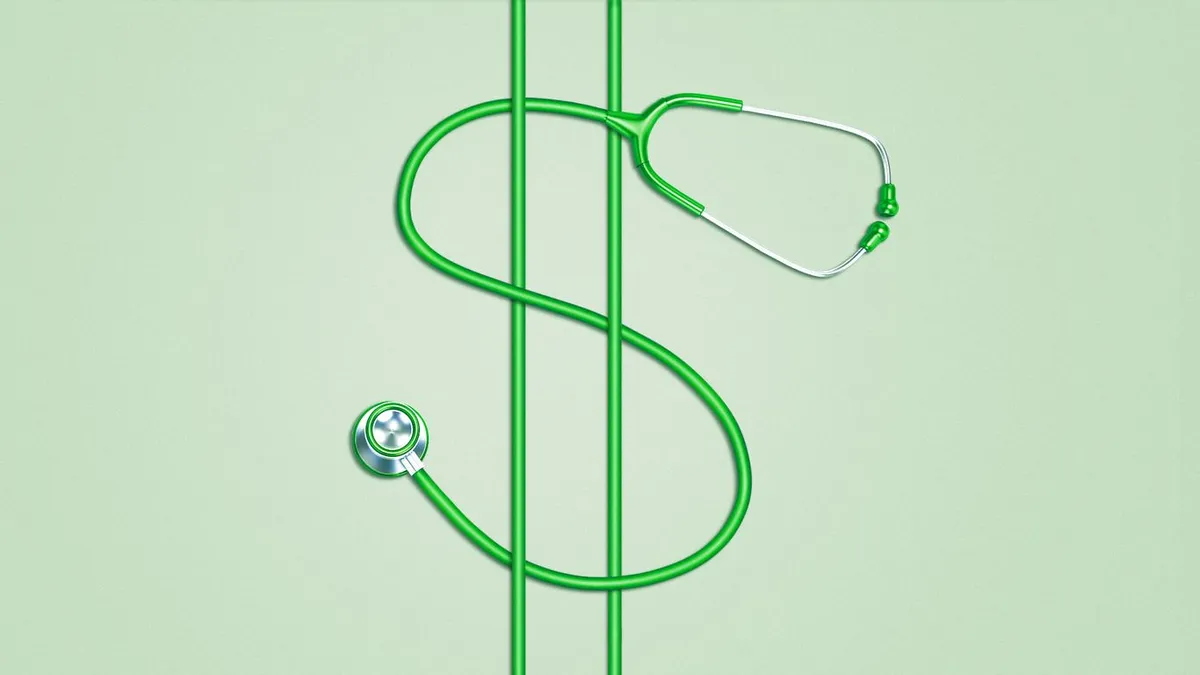
UnitedHealth Group's stock has experienced a significant decline, continuing its downward trend for the year. This follows the company's warning that escalating medical costs are poised to impact its earnings negatively. The implications of this situation are considerable, particularly as the nation's largest insurer grapples with various financial challenges and increasing public scrutiny surrounding coverage denials and patient expenses.
On Tuesday, UnitedHealth reported a troubling increase in its medical care ratio, which surged by 4.3 percentage points to reach 89.4% in the second quarter. This rise indicates that costs are significantly outpacing pricing trends, largely due to the heightened intensity of services delivered and the ongoing repercussions of Medicare funding reductions. Essentially, patients are utilizing their insurance plans at a much higher rate than the company had anticipated.
The company anticipates that its full-year medical cost ratio will hover around 89.25%, further complicating its financial outlook.
In a surprising turn of events, UnitedHealth reestablished its earnings outlook after suspending it in May, coinciding with the sudden departure of CEO Andrew Witty. The company has appointed former CEO Stephen Hemsley to return to the role. The newly revised outlook predicts a revenue range of $445.5 billion to $448 billion for 2025, with net earnings per share expected to be at least $14.65 and adjusted earnings per share projected to reach a minimum of $16. Notably, the company has indicated that it will not return to earnings growth until 2026.
This outlook revealed that profits are expected to be impacted more severely than what Wall Street analysts had initially forecast. According to Bloomberg, the company's capacity to adapt quickly to unexpected rising expenses is limited, primarily because pricing adjustments occur only once a year.
The market reacted swiftly, with UnitedHealth shares dropping by 4.4% as of 11 am ET on Tuesday, bringing the total decline for the year to over 46%. This sharp decrease underscores the growing concerns about the company's financial health and operational strategies.
Tim Noel, CEO of UnitedHealthcare's insurance division, addressed these concerns during a conference call, assuring customers that they can expect a more responsive pricing strategy for 2026. He emphasized the company's commitment to enhancing audit, clinical policy, and payment integrity tools to shield customers and patients from unnecessary costs. These changes are aimed at improving safety and quality, while also identifying waste and abuse in coding and billing practices.
In a bid to stabilize its operations, UnitedHealth plans to transition to narrower networks and place a greater emphasis on disciplined, managed products, especially within Medicare Advantage. Additionally, the company has ramped up its efforts in artificial intelligence across its health plan operations, which is expected to enhance both patient and provider service experiences while driving cost savings.
As medical costs continue to escalate, it is inevitable that insurance premiums will also rise, affecting both customers and the overall healthcare landscape. UnitedHealth Group's ability to navigate these challenges will be crucial as it strives to regain stability in a turbulent market.